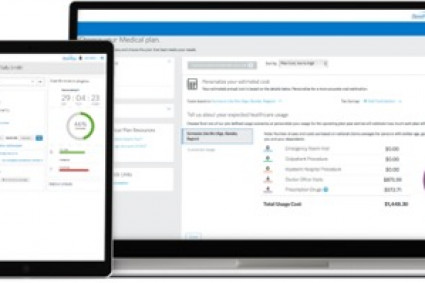
In the fast-paced world of entrepreneurship, staying connected is crucial for the success of any self-employed individual. Mobile phones have become indispensable tools, blurring the lines between personal and professional use. Fortunately, for those navigating the realm of self-employment in the UK, there’s good news — you can potentially claim your mobile phone expenses as a business expense. In this comprehensive guide, we’ll explore the ins and outs of claiming mobile phone expenses when you’re self-employed, shedding light on the eligibility criteria and the processes involved.
Can I Claim My Mobile Phone as a Business Expense?
One of the first questions that often arises is whether claiming a mobile phone as a business expense is a legitimate practice. The answer is a resounding yes, provided that the primary use of the phone is for business purposes. HMRC allows self-employed individuals to claim the costs of using a mobile phone for business, including both handset and usage charges.
To ensure a smooth claim process, it’s crucial to maintain a clear separation between personal and business use. Keep detailed records, such as call logs and invoices, to demonstrate the business-related nature of the expenses you are claiming. This meticulous documentation will prove invaluable in case of an HMRC audit.
Claiming Company Mobile Phone Expenses on Company Contract
For self-employed individuals operating through a limited company, claiming mobile phone expenses can be streamlined by having a company contract. With a company contract, the mobile phone is registered under the company’s name, and the bills are paid by the company. This simplifies the expense claim process, as the connection between the phone and the business is explicit.
When opting for a company contract, it’s essential to choose a plan that meets the business’s needs. HMRC will only allow the deduction of expenses that are deemed reasonable and directly related to the business. Therefore, extravagant plans with unnecessary features may not be fully eligible for a claim.
To ensure compliance, regularly review and update the company contract based on changing business requirements. This flexibility will allow you to adapt to the evolving needs of your self-employed venture while maximizing the benefits of your mobile phone expense claims.
Claiming Mobile Phone Expenses on Personal Contract
For those who operate as sole traders or self-employed individuals without a limited company, claiming mobile phone expenses involves a different approach. In this scenario, you can still claim a portion of your mobile phone expenses, reflecting the business use of the device.
To determine the business-related percentage of your mobile phone expenses, assess the proportion of time the phone is used for business purposes. This could include making business calls, responding to work-related emails, or using business applications. Once you’ve identified this percentage, you can apply it to your total mobile phone costs when making your expense claim.
Again, meticulous record-keeping is crucial. Maintain a log of business-related phone activities, and keep copies of relevant invoices and receipts. This documentation will serve as your evidence when justifying the percentage of mobile phone expenses claimed for business purposes.
While claiming mobile phone expenses as a self-employed individual in the UK is entirely feasible, navigating the intricacies of tax regulations can be challenging. To ensure compliance and maximize your tax savings, it is advisable to seek the expertise of contractor accountants. Claim your mobile phone expenses with confidence, and consider the invaluable support of contractor accountants to navigate the complexities of taxation seamlessly.




